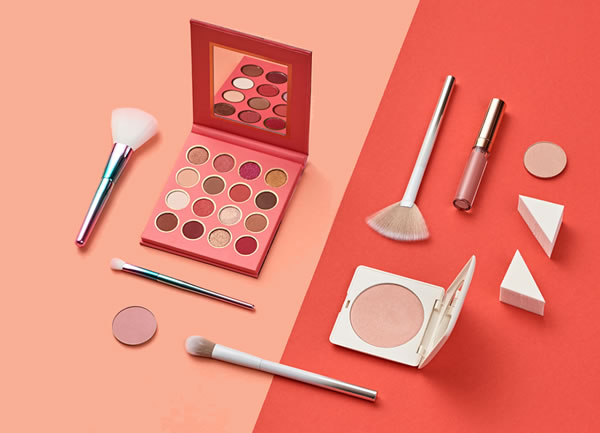Viewers of BBC Watchdog on 19 June may be concerned that their sunscreen could cause an allergic reaction. Several ingredients were highlighted by the programme.We would like to stress that the ingredients mentioned are legally allowed and safely used in cosmetic products.
Dr Chris Flower, Former Director-General of the CTPA and a Chartered Biologist and toxicologist, responds:
"How our bodies react to substances all around us can vary greatly. 'Allergy' is a term that is often misused to describe all kinds of adverse reactions. In fact there's a big difference between being irritated by a substance and being allergic to it. All cosmetic products must be safe according to strict and robust European law and this includes each product being assessed by a qualified safety assessor that will take account of all the ingredients used, the way the product is manufactured, who will use it and how and any directions for use. "
How can we tell the difference between allergy and irritancy?
There are two main types of adverse reactions that may be experienced: irritant reactions and allergic reactions.
- Irritant reactions are the most common adverse reaction and should not be confused with allergic reactions. An irritant type of reaction occurs rapidly following use of a product and does not involve the immune system. Redness of the skin, sometimes with an itch, is characteristic of an irritant effect. This clears up rapidly after ceasing to use the product that is causing the problem.
- Allergic reactions are excessive reactions by our bodies to substances in our environment that are harmless to the majority. Allergic reactions cannot occur after a single exposure: a second or multiple exposures are necessary. A person who is allergic to a substance may be sensitised to it for the rest of their life yet most people would never become allergic to that same substance. Allergies also build up over time, so you may develop an allergy to a substance later on in life even if you have previously not had any problems.
Why are chemicals known to cause allergies used in cosmetics?
Substances that cause widespread allergic reactions are not used in cosmetics but each person is different and we might find we are allergic to substances that others use or consume without any problems.
For example, many people eat peanuts and yet some cannot, and whilst pollen makes summer miserable for hay fever sufferers the majority have no such problems. It is not possible to avoid all substances in cosmetics that might cause a rare allergic reaction in someone, any more than we could avoid all foods to which someone might be allergic (such a list would include nuts, eggs, wheat and flour, and so all biscuits, cakes etc., shellfish, many fruits and many common vegetables).
It's worth remembering that whether or not you are going to be allergic to something is down to your genetic makeup, for example between 1% - 5% of the general population are affected by food allergies (like nuts or shellfish) and almost anything can be an allergen for someone.
What should I do if I have a problem with a product?
Cosmetic companies urge anyone who has a reaction of any kind to their product(s) to contact them so that the problem can be investigated. Also, you should seek medical attention if the reaction persists despite stopping using the product. Your doctor or consultant may suggest you visit a dermatologist for further tests to better determine what is causing your skin to react.
What can I do if I am allergic or sensitive to an ingredient or range of ingredients?
All cosmetic products have to show a list of ingredients which are labelled in a consistent way across Europe. Once you know which ingredient(s) to avoid you can check the labelling. You can also ask your favourite brand(s) to recommend products that would be suitable for you.
Sunscreens are an important part of a sunsafe regime
Find out more information about sun protection products and staying safe in the sun.
Read more about the safety of Methylisothiazolinone.

